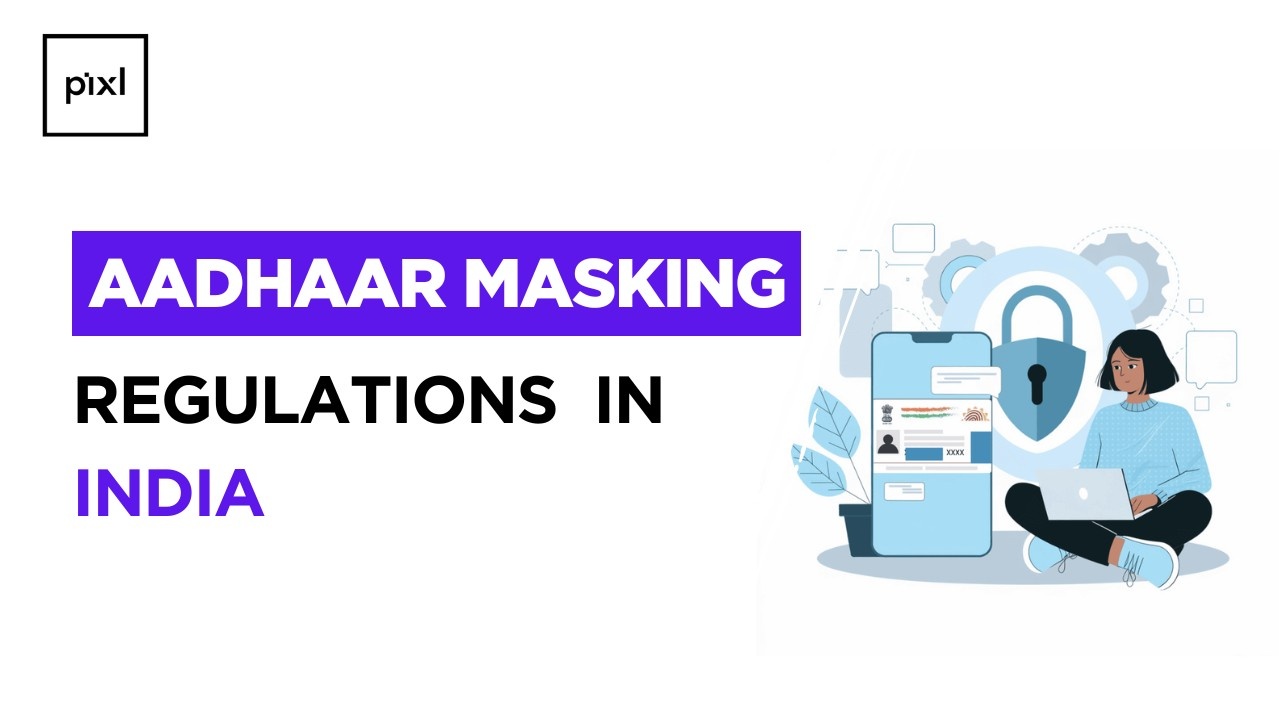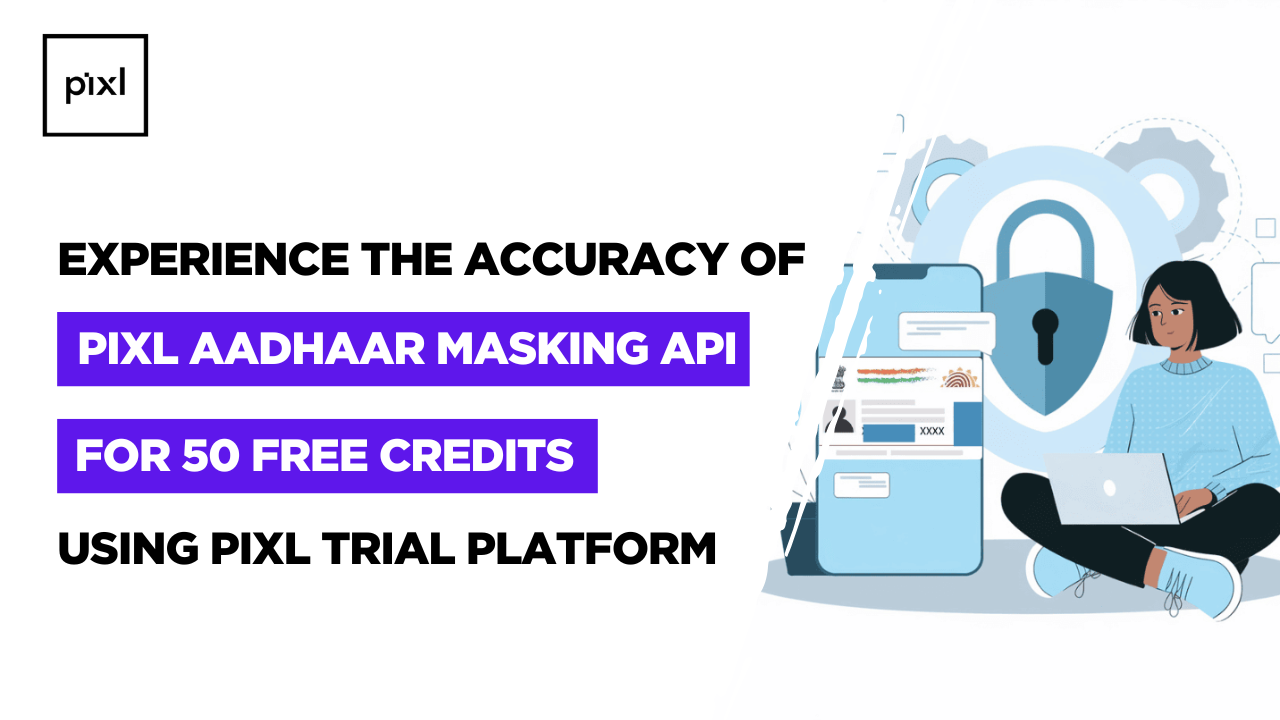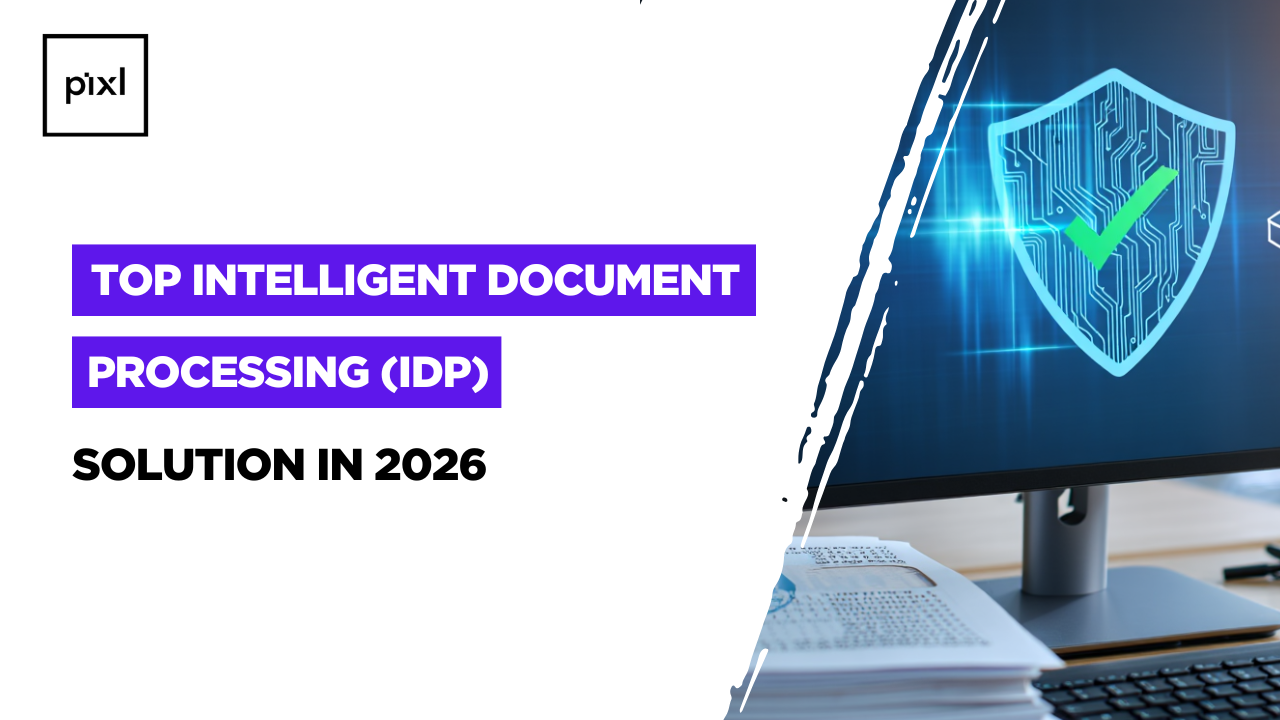In today’s digital world, protecting personal information isn’t just important—it’s absolutely essential. And when it comes to sensitive data in India, few things are as critical as the Aadhaar number issued by UIDAI. To strengthen data privacy and security, various regulatory bodies have introduced specific guidelines on how businesses should handle Aadhaar information—especially during the KYC (Know Your Customer) process.
One such key requirement is Aadhaar Masking, which means hiding the first 8 digits of an Aadhaar number after customer verification is complete. At Pixl.ai, we specialize in helping businesses stay compliant with these masking rules using our powerful, AI-driven solutions.
Let’s break down what Aadhaar masking really means and the rules you need to be aware of.
What Is Aadhaar Masking?
In simple terms, Aadhaar masking is the process of concealing the first eight digits of the 12-digit Aadhaar number, so only the last four digits (like XXXX-XXXX-1234) are visible. This way, the document still serves its purpose for identification or record-keeping—but the sensitive information remains protected.
Why Is Aadhaar Masking Important?
- Prevents misuse and identity theft
- Keeps your business in line with legal requirements
- Builds greater trust with customers
- Helps avoid penalties from regulators
Failing to implement proper Aadhaar masking can not only lead to serious compliance issues but can also harm your company’s reputation.
Aadhaar Masking Regulations in India
Several Indian regulatory authorities have issued clear instructions about how Aadhaar details should be handled post-verification. Here’s a snapshot of regulations :
1. UIDAI Guidelines
The UIDAI—the organization behind Aadhaar—issued a notification on 23rd October 2018 that clearly states Aadhaar numbers must be masked when used for offline KYC or after authentication. This falls under the Aadhaar and Other Laws (Amendment) Ordinance, 2019.
📄 Reference: F.No.13012/171/2018/Legal/UIDAI/114
2. RBI’s Aadhaar Masking Rule
The Reserve Bank of India (RBI) updated its KYC Master Direction in May 2019, requiring all financial institutions to mask Aadhaar numbers on customer documents. This step is crucial to ensure Aadhaar data is not stored or shared in an exposed format after verification.
📄 References:
- RBI/DBR/2015-16/18, DBR.AML.BC.No.81/14.01.001/2015-16
- RBI/2018-19/190, DBR.AML.BC.No.39/14.01.001/2018-19
3. IRDAI’s Take on Aadhaar Masking
On 29th January 2019, the Insurance Regulatory and Development Authority of India (IRDAI) permitted the use of Aadhaar as a valid KYC document—but only under certain conditions. One major requirement? Aadhaar must be masked before it’s saved or stored by insurers.
📄 Reference: IRDAI/SDD/CIR/MISC/020/01/2019
4. SEBI’s Aadhaar Guidelines
On 24th April 2020, SEBI clarified its stance on Aadhaar use in the capital markets space. It emphasized using technology to support Aadhaar masking and made it clear that Aadhaar details must not be visible in KYC records post-verification.
📄 Reference: SEBI/HO/MIRSD/DOP/CIR/P/2020/80
How Pixl.ai Helps You Stay Compliant with Aadhaar Masking
At Pixl.ai, we understand that managing data compliance can feel overwhelming—especially when it involves sensitive identity documents like Aadhaar. That’s why we’ve built a smart, AI-powered Aadhaar Masking tool.
Here’s what we offer:
- Automatic redaction of Aadhaar numbers from scanned documents and images
- Real-time masking during onboarding or KYC flow
- Bulk document processing for enterprises handling large volumes
- Secure storage and processing in full compliance with Indian data privacy laws
No matter your industry—banking, insurance, fintech, or government—we’ve got you covered with an easy-to-integrate, accurate solution.
Final Thoughts
With growing concerns around data privacy, following Aadhaar masking rules is not just a regulatory checkbox—it’s about doing right by your customers. Staying compliant with these guidelines keeps your business safe, builds credibility, and avoids the risks of non-compliance.
And with Pixl.ai by your side, you don’t have to worry about the technical hassles. We bring you robust Aadhaar masking tools that make compliance seamless and stress-free.
Need Help with Aadhaar Masking?
We’re here to help!
Reach out to Pixl.ai, your trusted Aadhaar Masking Service Provider.
📩 Let’s connect for a free consultation or demo today.



